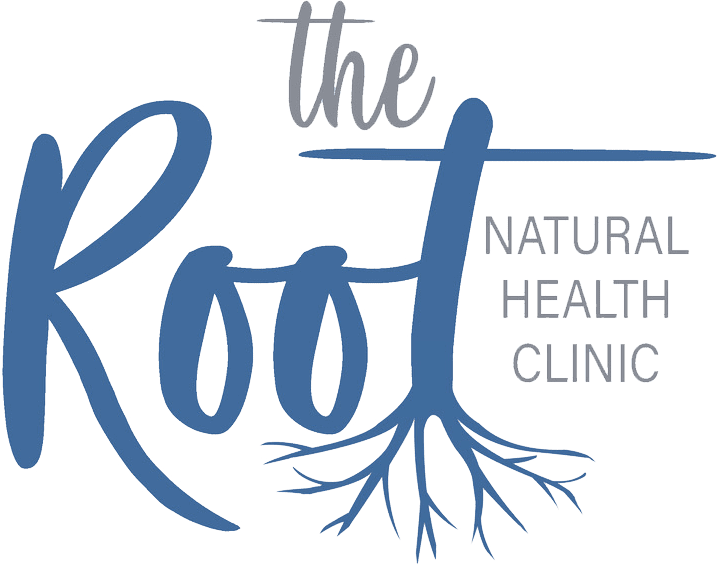What you need to know about GERD
Gastro Esophageal Reflux Disease (GERD), also known by some as Heartburn or Acid Reflux is growing to be very common in todays society. Most of us however experience the uncomfortable if not sometimes painful sensation, but really do not understand what is going on in our body. Physiologically, GERD is when the LES (lower esophageal sphincter, which is found at the lower end of your esophagus joining to the stomach) has been weakened and there is the return of stomach contents up your esophagus. What does this feel like?? Indigestion, regurgitation, pain with swallowing, an increase in salivation and potentially some coughing. These symptoms all point to acid reflux and the weakening of your LES, which the cause is still relatively unknown. However, you have a greater risk of developing acid reflux when you are pregnancy, overweight and or have certain dietary habits.
When investigating the root cause of GERD we really need to assess different facets of health. Lifestyle (diet and exercise) are truly the foundations for getting started on trying to alleviate acid reflux. We also need to think about gut imbalances, such as SIBO or H.Pylori, which are overgrowths in our digestive tracks that need to be tested for and addressed (your health practitioner can guide you through this). Another avenue to explore is structural concerns, such as hiatal hernia, which is when the stomach moves upward in the chest though the hole that has been designed for the esophagus. Having this assessed by an osteopath or chiropractor can really help to understand any structural issues. As a final note, untreated GERD can result in the progression to Barretts esophagus which is the precursor to esophageal cancer, so we definitely want to get our heartburn under control.
Conventional treatments for GERD are typically Antacids or Proton Pump Inhibitors (PPI). Their mechanism of action is to block acid formation in the stomach. The problem is that we need some acid in our stomach to break down food and so this creates a vicious cycle. When sensors notice insufficient acid production they start to produce more which typically leads patients to needing more antacids or an increased dose in PPIs. It can be tough to wean off PPIs as you can experience intense rebound acid reflux, but doing so with the support of a health professional as well as addressing lifestyle (diet/exercise), underlying conditions and structural concerns, it is possible.
How do NDs treat GERD? Naturopathic Doctors focus on investigating and addressing the root cause of a disease. For addressing Gastro Esophageal Reflux Disease we want to dive deep into lifestyle habits, specifically diet. It is recommended to eliminate common triggers that can exacerbate acid reflux, which are: coffee, spicy foods, tomatoes, citrus fruits, chocolate, alcohol and foods that are harder to digest (typically meat). Eliminating these from your diet can have a significant impact in reducing your overall symptoms. Smoking, alcohol intake and overeating can all cause heartburn and reducing these in your day to day lives would be recommended. With regards to making changes to your diet, it is encouraged to increase your daily fibre intake as well as having multiple small meals throughout your day.
We also need to make sure we address gut mucosal integrity as well as enhancing motility. These are important factors to consider and something you can discuss in depth with your naturopathic doctor. Motility of our GI tract is integral so that our stomach contents keep moving along and do not flow back and predispose us to reflux. A quick and easy tip to increase your motility is to chew gum about 1 hour post meal- this helps to stimulate saliva flow and increase digestive motility. There can be many reasons for the GI tracts mucosal integrity to be compromised, from aging to overgrowth/dybiosis in the gut, and many others. To support the mucosal lining we can add in things such as glutamine that helps to support the turnover of mucosal cells, curcumin for its prevention in cell transformation and demulcents that support the mucous membranes. Two great demulcents that coat and protect our mucosal membranes are slippery elm and licorice (DGL).
Finding out what works best for your acid reflux is individual to you and should involve the support of a health care practitioner that can guide and support you for what your body needs.
